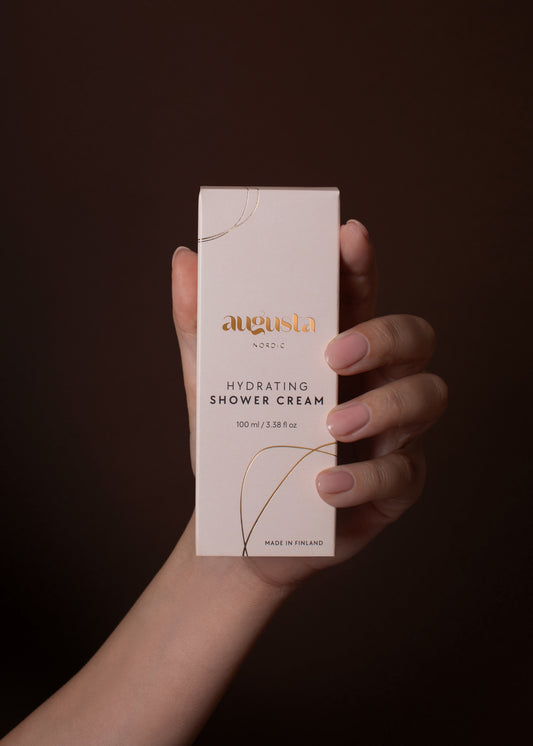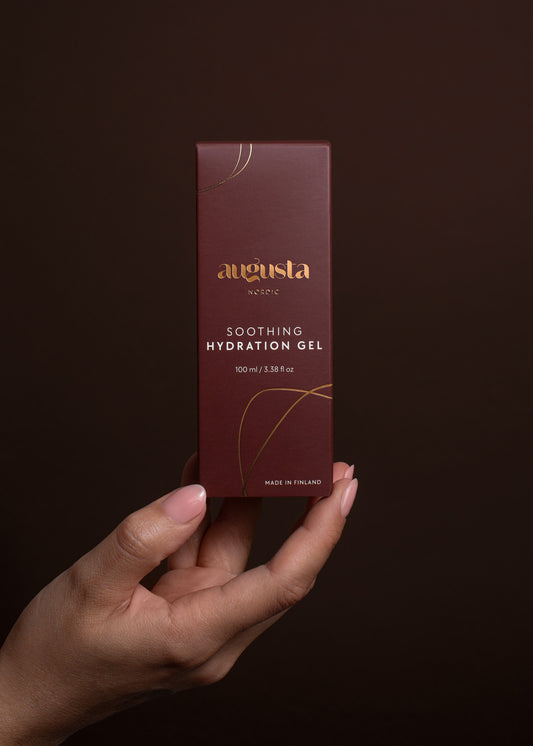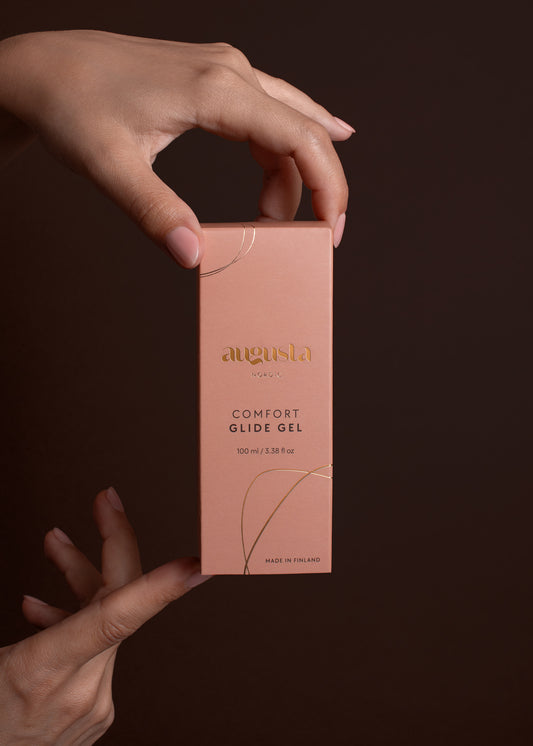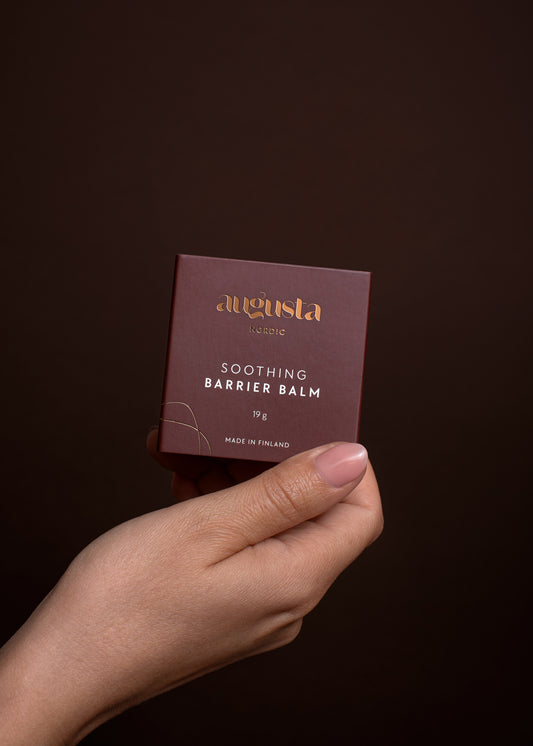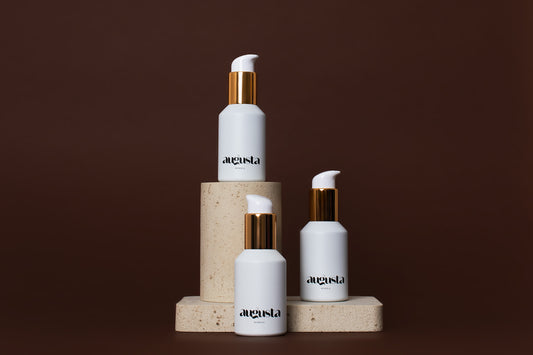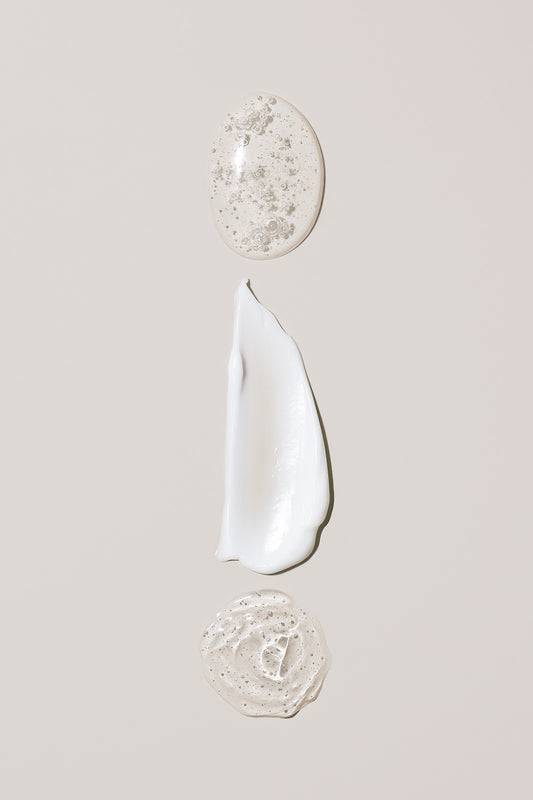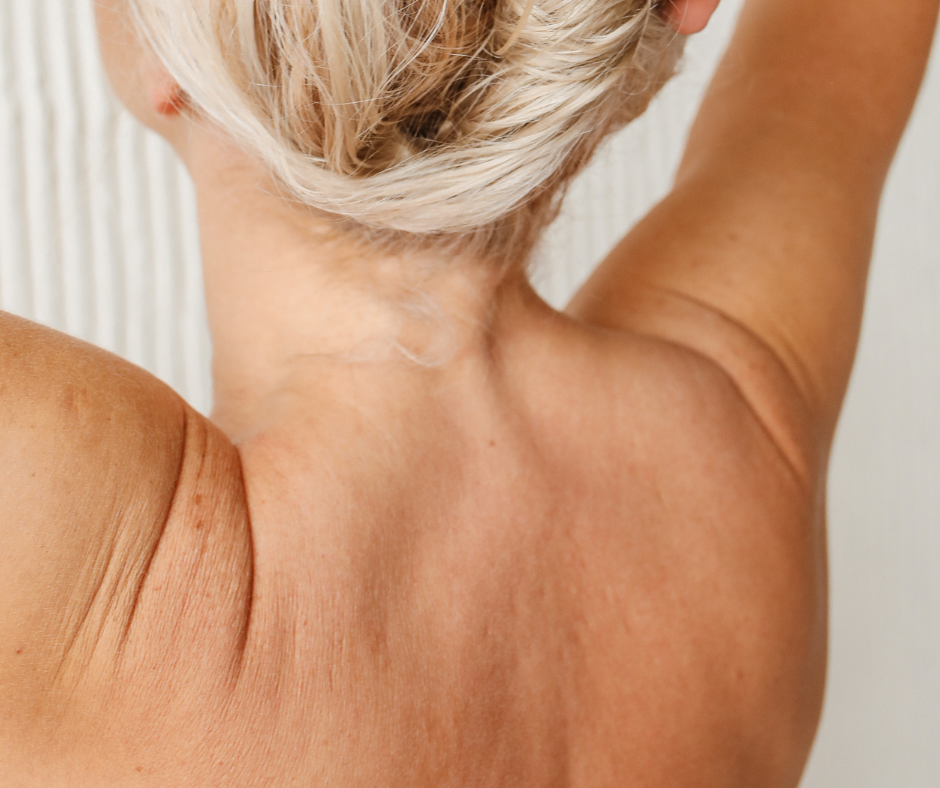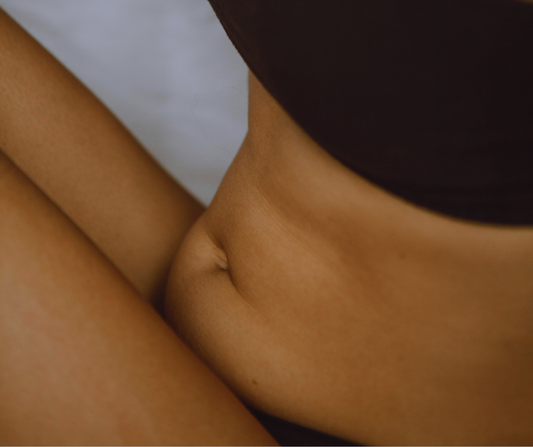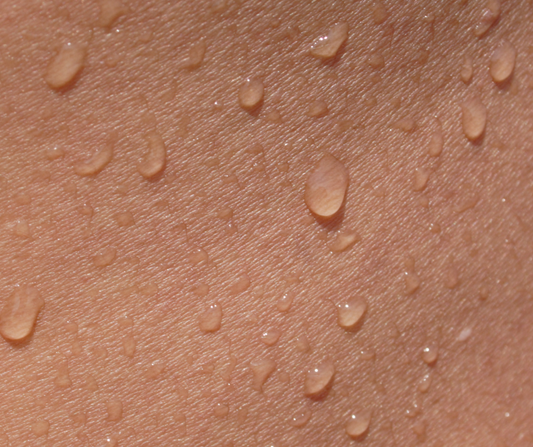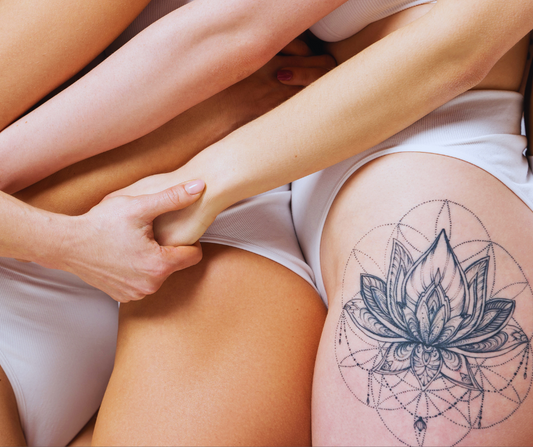Menopause and perimenopause come with a lot of changes: hot flashes, mood swings, vaginal dryness, and sleep troubles, to name a few. But not every one wants (or can) use hormone replacement therapy (HRT). The good news? There’s a range of non-hormonal options to help you feel more like yourself without the need for hormones.
Let’s dive into the best natural and medical alternatives for managing menopause symptoms so you can regain your balance and thrive during this stage of life.
1. Lifestyle Changes for Natural Symptom Relief
Balanced Nutrition
What you eat matters! A diet rich in whole foods can ease menopause symptoms:
- Phytoestrogens: Found in soy, flaxseeds, and lentils, these plant-based compounds mimic estrogen and may help reduce hot flashes.
- Omega-3 Fatty Acids: Found in salmon, walnuts, and chia seeds, omega-3s can help combat mood swings and inflammation.
- Calcium & Vitamin D: Essential for protecting your bones during and after menopause.
- Iron: Sufficient iron levels are essential for a balanced diet, supporting energy, focus, and overall health by ensuring your body gets the oxygen it needs.
Regular Exercise
Move your body to manage those pesky symptoms!
- Aerobic Activities: Walking or swimming can reduce hot flashes and improve mood.
- Strength Training: Keeps your bones strong and supports your metabolism.
- Yoga or Pilates: Promotes relaxation and helps with joint pain and flexibility.
2. Non-Hormonal Medications
If lifestyle tweaks aren’t cutting it, several non-hormonal medications can help with specific symptoms:
- Hot Flashes: Medications like gabapentin (commonly used for nerve pain) and SSRIs/SNRIs (antidepressants) are effective at reducing hot flashes and night sweats.
- Sleep Issues: Low doses of melatonin or prescription sleep aids may help you rest better.
- Vaginal Dryness: Vaginal moisturizers and lubricants are lifesavers for dryness and discomfort.
3. Supplements and Herbal Remedies
Many turn to supplements to ease symptoms naturally. While research varies, some options show promise:
- Black Cohosh: A popular herbal remedy for hot flashes and night sweats.
- Red Clover: Contains phytoestrogens that may help with mild symptoms.
- Evening Primrose Oil: May help with breast tenderness and mood swings.
- Magnesium: Known for promoting better sleep and easing muscle tension.
Important Note: Always consult your doctor before trying supplements to ensure they’re safe for you.
4. Mind-Body Therapies
Sometimes, managing menopause is about finding calm in the storm. These therapies can help:
- Acupuncture: Has been shown to reduce the severity of hot flashes for some women.
- Meditation and Mindfulness: Helps reduce stress, improve sleep, and balance mood swings.
- Cognitive Behavioral Therapy (CBT): Proven effective for managing mood changes, anxiety, and even hot flashes.
5. Cooling and Comfort Tips for Hot Flashes
If hot flashes are running your life, here are some easy tips:
- Dress in Layers: So you can peel off as needed during a flash.
- Cool Your Space: Use a fan or keep a cold pack nearby.
- Trigger Avoidance: Caffeine, spicy foods, and alcohol can make hot flashes worse - cutting back might help.
Why Non-Hormonal Options Matter
Whether due to health conditions, personal choice, or sensitivity to hormones, non-hormonal treatments empower to take control of menopause on their own terms. By combining lifestyle changes, natural remedies, and targeted therapies, you can create a personalized approach to navigate menopause with confidence and comfort.
